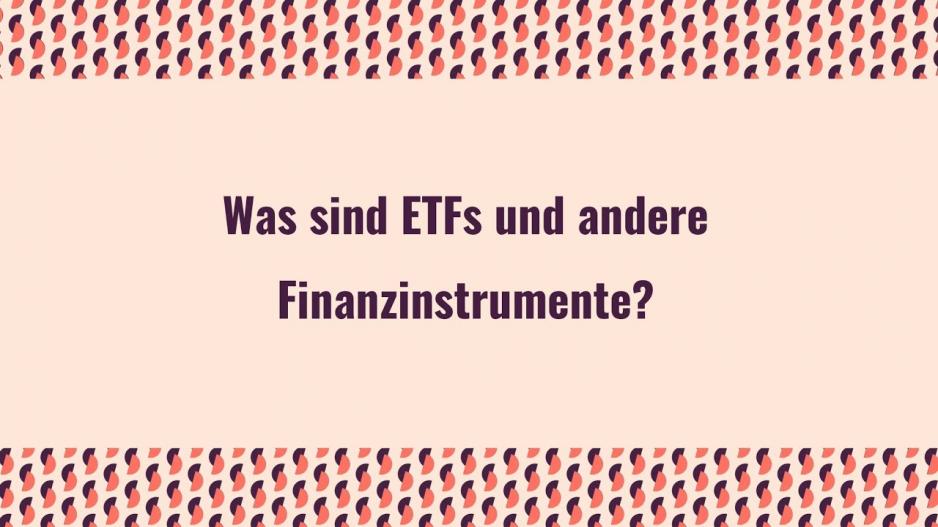In this lesson you will learn 💸
- What an ETF is
- What differentiates single stocks, funds, ETFs and ISAs
What are funds and what is an ISA?
A fund is a type of financial vehicle made up of a pool of money collected from many investors to invest in securities like stocks, bonds, money market instruments and other assets.
Mutual funds are operated by professional money managers, who allocate the fund’s assets and attempt to produce capital gains or income for the fund’s investors. They might not be traded on the stock exchange, but trade once a day through the fund manager.
An exchange-traded fund (ETF) is a type of pooled investment security. Typically, ETFs will track a particular index, sector, commodity, or other asset. ETFs can be purchased or sold on a stock exchange the same way that a regular stock can.
ISA: ISA stands for Individual Savings Account that offers a tax benefit. The name is a little bit misleading as there are stock and share options available. It allows you to put your ISA allowance (£ 20,000 per current tax year) to work and to maximize the potential returns you make on your money by shielding it from income tax, tax on dividends and capital gains tax.
LISA: this is a special type of ISA (Lifetime ISA) that can be used for saving and investing for a home, retirement or both and has a government bonus up to £ 1,000 per year until you reach the age of 50. Please see the module on retirement for details😊
Benefits and risks of ETFs
ETFs are a great way for you to invest diverse and partially guided.
Main benefits include:
- Direct and individual choice
- Oftentimes more economic that special advisors
- Fund structure guarantees diversification
Main risks include:
- Choosing the 'right' ETF for you
- Less influence through shareholder rights
- Costs per trade matter
- Can be time consuming and you might have to rebalance
